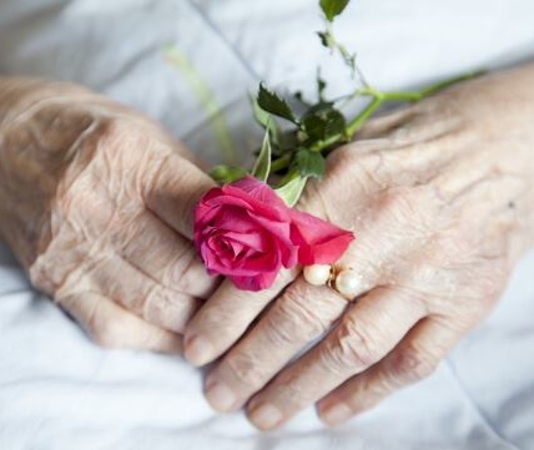You might think you know what caregiving is, how much it costs, and what it entails. Check out this list of common misperceptions—or myths—to see if you need to learn more about caregiving.
- It’s a total bummer. Not all caregiving is created equal and each person’s past and current relationship to the person they are caring for is different. In surveys, caregivers are divided into “complex care” or “higher hour” categories which show that the stress experienced will depend on the care required. In fact, many family caregivers--adult children or spouses among them—find joy, humor, and happiness in caring for a loved one.
- I don’t need any help because I am the helper. Caregiving might start out slowly, with just a few rides to the grocery store or a doctor’s appointment once a month, but over time it can bloom into several hours a week. If you’re still working, raising kids, live far away, or have other responsibilities, it can begin to cause strain. Or, if the person in need of care is living with a progressive illness and the symptoms worsen or lead to a fall or new problems, it can potentially increase stress. It is often said that, “you can’t pour from an empty cup” and this means that caregivers need to care for themselves and recharge their own batteries in order to be in shape—mentally, physically, and emotionally--to care for someone else. Consider joining a support group, hiring a professional caregiver, or coordinating with other family members to give yourself a break.
- Health insurance covers caregiving. So far, traditional medical insurance does not cover the cost of in-home care services. If a loved one needs assistance with activities of daily living from a professional caregiver, the costs can be partially or completely covered by long-term care insurance, veterans aid and attendance benefits, some life insurance policies, specific qualifying Medicaid programs, some limited benefits are available through Medicare, and private pay. It can benefit all parties to do research on long-term care options, including moving to be closer to family, assisted living, nursing home care, in-home care, and adult day care.
- My Mom is moving into a facility, so she doesn’t need a caregiver. Having a family member move from their own private home to one where meals are served just down the hall, social activities are scheduled every month, and cleaning services are available on site, it might seem like all care needs are addressed. Not so fast. Nursing homes and assisted living centers do not provide caregivers for each resident, and may not have staff to help with things like bathing and grooming. Plan to either continue being a caregiver after such a move or to hire a professional to help with the one-on-one care.
- It’s not like I need a degree for this. It’s one thing to be helping an elder loved one with errands and something else entirely to be assisting someone in the advanced stages of dementia or who is living with Parkinson’s disease, for example. It can help reduce frustration for both the caregiver and care receiver when there has been some sort of education about best practices. There are many online resources for family caregivers to learn more about the art of caregiving for specific types of care. The more you know, the better you can handle the little surprises that occur with caregiving.
- I got this! Maybe the first lesson in caregiving is accepting a lack of control. While you can do a certain amount of planning to reduce worry, things will come up and you might find yourself in the ER at 2 a.m. Picture yourself on roller skates while juggling plates, one former caregiver suggested, to get a sense of the wild ride it can be.
For compassionate and professional home care services, including 24-hour care, dementia caregivers, and more, contact Homewatch CareGivers today.





